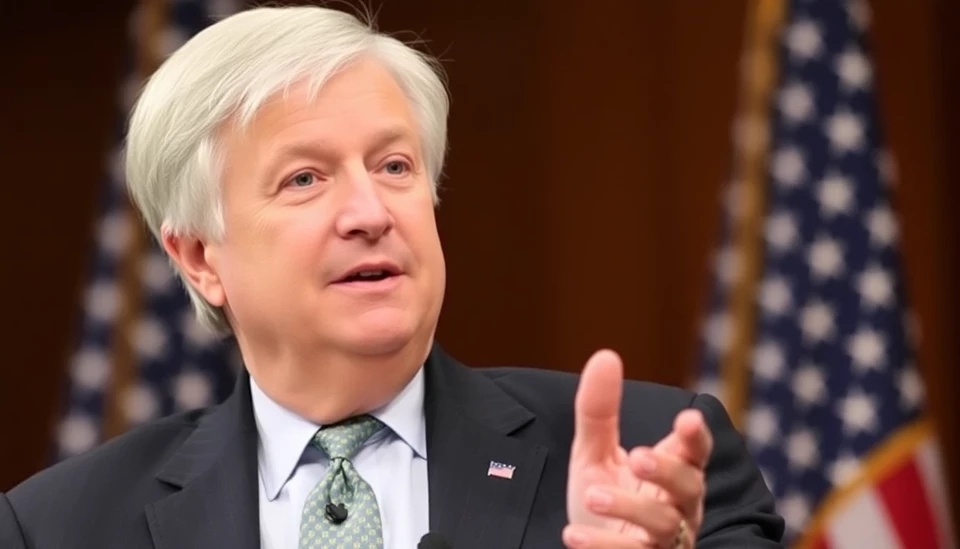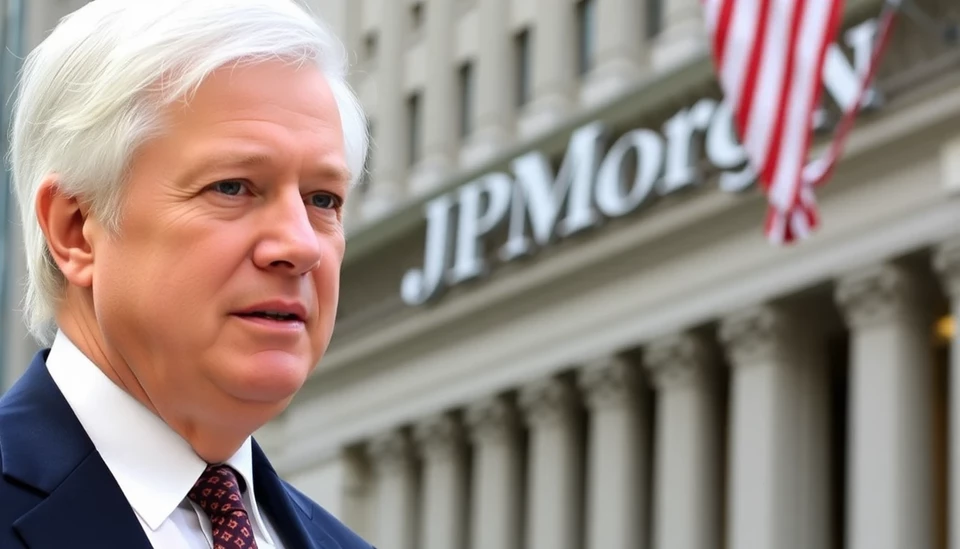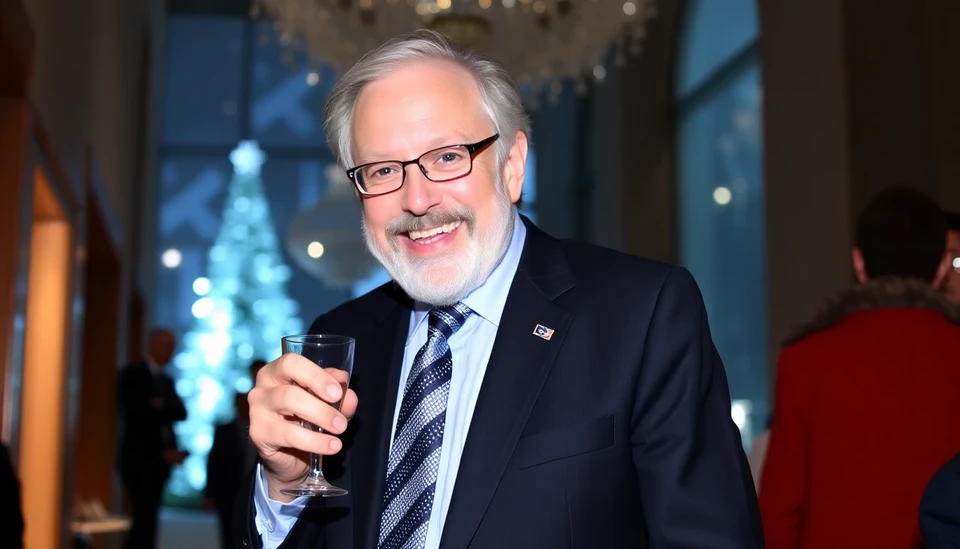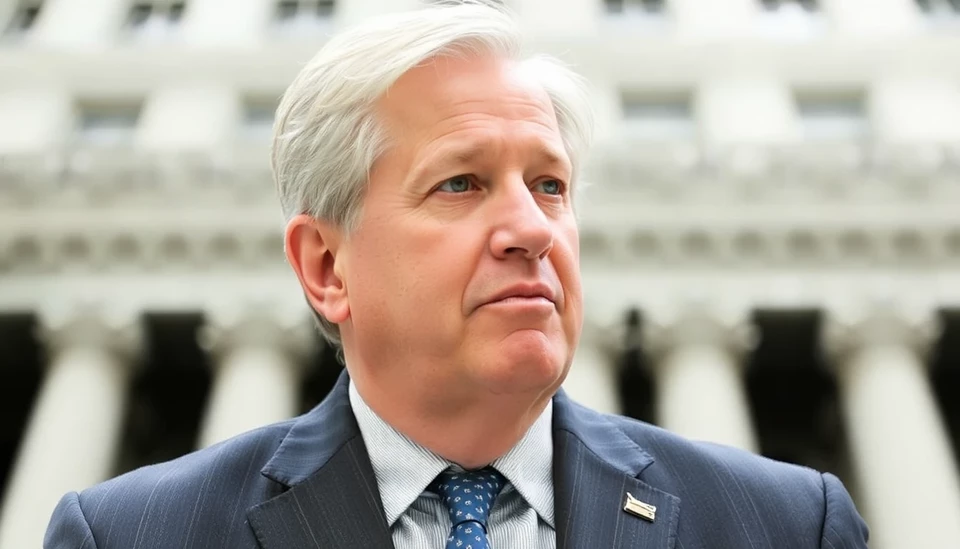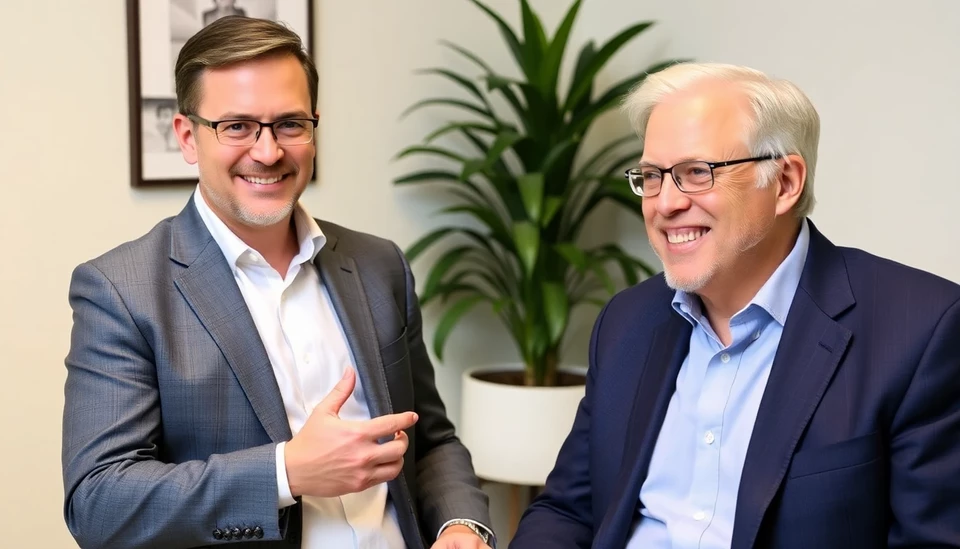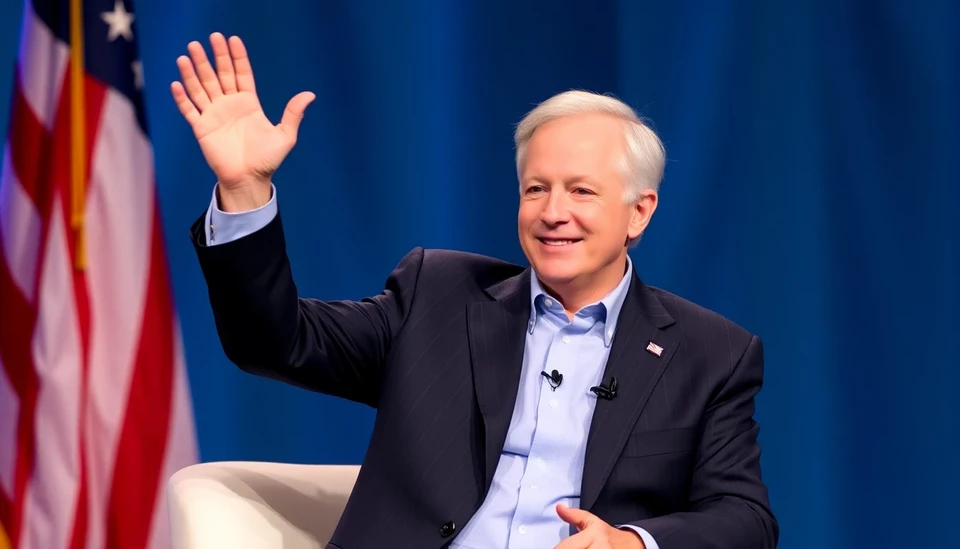
In an unexpected yet insightful development, Jamie Dimon, the long-standing CEO of JPMorgan Chase, has revealed that he is still contemplating his endorsement for the 2024 presidential election. This statement emerges against a backdrop of a politically charged environment, as candidates from both major parties rally their supporters in an attempt to gain momentum ahead of the polls.
During his recent remarks, Dimon expressed a sense of caution and careful deliberation regarding his potential endorsement, stating, "I want to be part of the solution,” which highlights his desire to align with the right vision for the country. This sentiment reflects a rare instance where a prominent figure from the financial sector navigates the intersection of corporate interests and political endorsements, exhibiting a responsibility that carries significant weight in the public sphere.
Onlookers from various sectors are interpreting Dimon's hesitance as indicative of the complex nature of political affiliations in today's climate, especially as the economic implications of the forthcoming election loom large. As a key influencer in the banking and finance world, Dimon's eventual decision could sway other corporate leaders and investors, further amplifying the stakes involved in the electoral process.
Adding to the intrigue, Dimon’s previous interactions with political figures—including both Democrats and Republicans—reflect his extensive network and influence. His consideration for endorsement could signal a shift in the traditional norms of business leaders and their roles in political arenas, as many are beginning to realize the importance of political alignment in shaping future economic policies.
As the 2024 election cycle intensifies, Dimon’s pending endorsement is not merely of personal interest; it also poses crucial questions about the intertwining of business strategy and political engagement. As corporate giants increasingly find themselves entangled in social issues and public policy discussions, the implications of Dimon’s stance could herald a significant shift in how corporate America approaches political support moving forward.
In understanding the potential ramifications, it's clear that a Dimon endorsement—or lack thereof—might set a precedent for future interactions between the financial sector and political candidates. With the current landscape characterized by heightened scrutiny over corporate governance and ethical considerations, the ramifications of his decision could be far-reaching.
As observers await his final choice, one thing is certain: Jamie Dimon's reflections on this matter serve as a microcosm of the evolving relationship between business leaders and the political framework they operate within. The upcoming months will undoubtedly offer further insights into his thinking as the election approaches.
As we navigate this critical juncture in American politics, the business community remains vigilant in watching how influential figures like Dimon shape the discourse surrounding the 2024 presidential elections.
#JamieDimon #2024Elections #PresidentialEndorsement #CorporatePolitics #JPMorgan #PoliticalInfluence #EconomicPolicy
Author: John Harris
